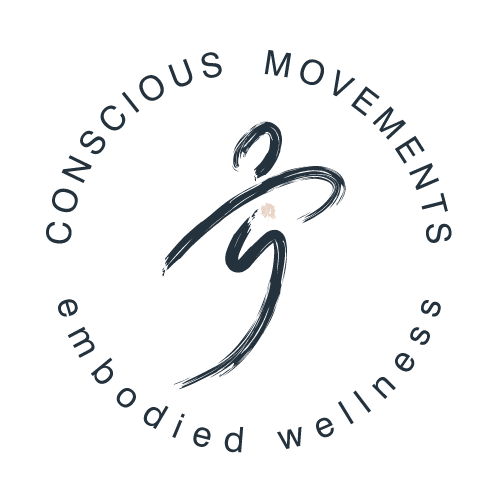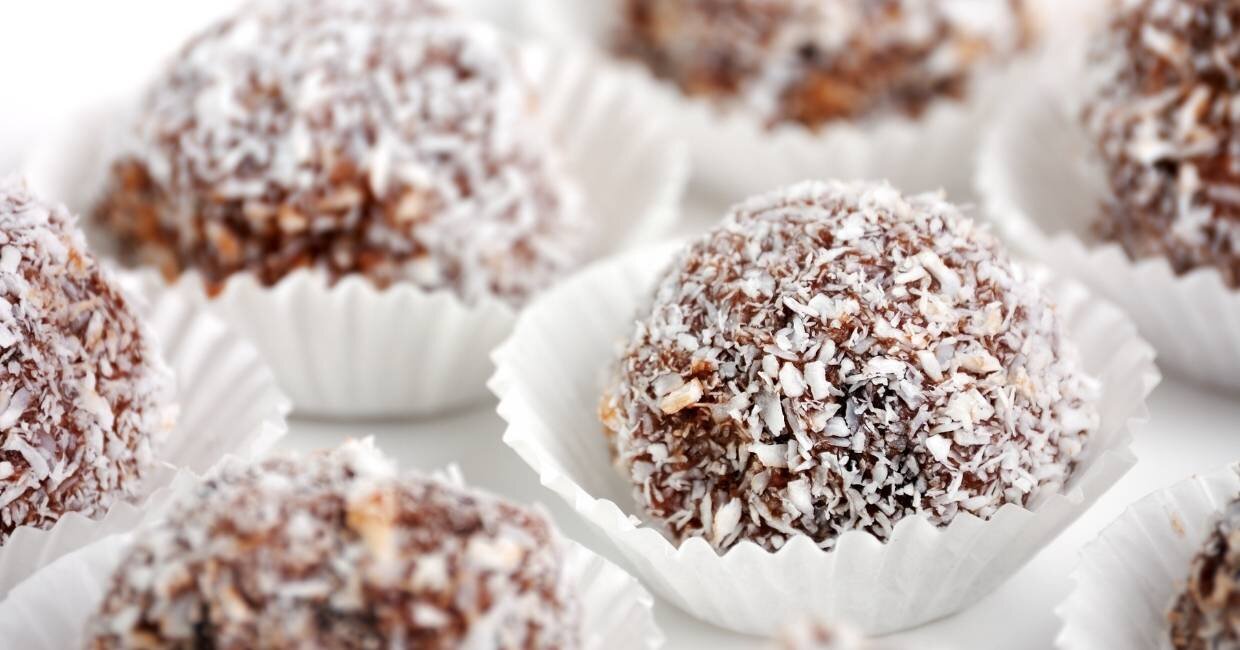Lemon & Cashew Energy Bites
Give these energy balls a go the next time you’ve got a hankering for something sweet or need a simple snack to pack.
When life is full, it’s also busy. And my life is gloriously full these days. I’m betting your life can be hectic too. So if you’re like me, then you are always on the lookout for super simple recipes of grab-and-go goodness. Well, these nourishing Lemon & Cashew Energy Bites (a.k.a. Bliss Balls) fit the bill! They’re nutrient and calorie-dense to keep you fueled throughout the day.
Plus, these tasty nuggets are filled with fiber, plant-based protein, minerals, antioxidants, and healthy fats, especially those found from a coconut! So give these energy balls a go the next time you’ve got a hankering for something sweet or need a simple snack to pack.
Nourishing Know How.
If you like to geek out on the nutrient composition of the foods you eat then read on. If you’re only interested in the nutrients tasting good and feeling good…then stop here and make this recipe. You won’t regret it.
Cashews
Cashews are great sources of minerals like copper, zinc, and especially magnesium. They’re also a rich source of plant-based protein, unsaturated fatty acids and good ol’ fiber. Due to their high nutrient density and their nifty supply of several minerals, cashews and other nuts are often recommended most often to improve heart health. The breakdown of the basics: the cashew kernel is about 21% protein, 46% fat and 25% carbohydrates (a portion of which is indigestible fiber).
The Goods on Cashew’s Fat
One of the super suave aspects of cashews nutrition is their healthy fat content. Cashews are primarily made up of unsaturated fats in the form of monounsaturated fatty acids (MUFAs that contain oleic acid) plus a smaller proportion of polyunsaturated fatty acids (PUFAS mostly in the form of linoleic acid). Roughly 62% of the cashew’s fats are monounsaturated fat, 18% polyunsaturated fats and the rest a mix of saturated fats. (1)
How cool is that… fat?
MUFAs and PUFAs have a positive effect on metabolism! Not just that, but those fancy acronym deserving fats also shine their glorious light through other bioactive functions. Some studies associate cashew consumption — and nut consumption in general — with a reduced risk for coronary heart disease, cancer, diabetes, and obesity. (2, 3)
Precautions With Monounsaturated Fat
All that fat talk might be making you hungry, but remember that it’s important to be aware of your fat intake. Taking in an excess of calories from any source can lead to unwanted weight gain.
Also, beware if you’re at risk for gallstone disease. One study published in the Journal of Human Nutrition and Dietetics does link the presence of a high-fat diet (including all three of the good fats) with a higher occurrence of gallstone disease. (4) So if you’re at risk for gallstone disease then make sure to monitor your fat intake and report any symptoms of gallstones to your physician immediately.
RELATED POSTS











